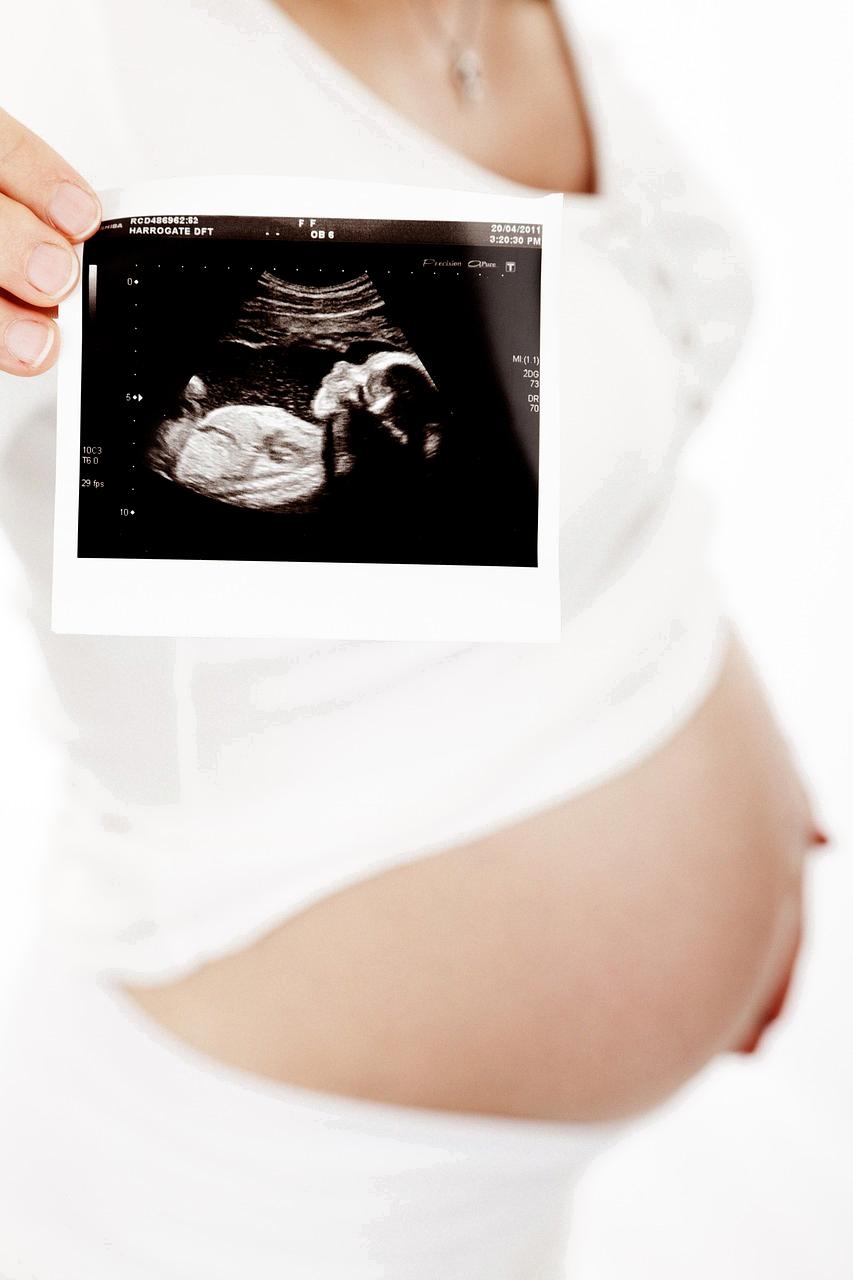Being 6 weeks pregnant can bring about a range of unique experiences as your body adjusts to the changes associated with pregnancy. At this stage, early pregnancy symptoms may start to manifest more prominently, giving you a glimpse into the journey ahead.
One common symptom you may experience at 6 weeks pregnant is morning sickness. This feeling of nausea, often accompanied by vomiting, can vary in intensity from mild queasiness to more severe bouts of sickness. While the term “morning sickness” suggests it only occurs in the morning, it can actually affect you at any time of the day.
Feeling notably tired or fatigued is another typical occurrence at 6 weeks pregnant. Your body is working hard to support the developing embryo, leading to feelings of exhaustion that may catch you off guard. It’s essential to listen to your body and rest when needed during this time.
Additionally, you may notice a metallic taste in your mouth during the sixth week of pregnancy. This unusual taste sensation is a result of hormonal changes in your body and is a common symptom reported by many expectant mothers. While it may be bothersome, it usually diminishes as the pregnancy progresses.
Sore breasts can also be a prominent feature of being 6 weeks pregnant. Your breasts may feel tender, swollen, or sensitive as they prepare for the changes that come with breastfeeding. Wearing a supportive bra and using warm compresses can help alleviate some discomfort associated with this symptom.
As your body adjusts to the hormonal shifts of pregnancy, you might observe an increased need to urinate frequently at 6 weeks pregnant. This could be a result of your kidneys working harder to filter waste from your body or the pressure exerted by the growing uterus on your bladder.
Some women may notice heightened emotions or mood swings during the sixth week of pregnancy. This fluctuation in feelings is normal and can be attributed to the surge of hormones coursing through your body as it prepares for the upcoming changes.
Alongside physical symptoms, you might also experience food aversions or cravings at 6 weeks pregnant. Certain smells or tastes that you once enjoyed may now be off-putting, while you may find yourself longing for specific foods that you previously had no interest in.
It’s essential to stay hydrated and maintain a balanced diet during this time to support your overall health and the well-being of your growing baby. Consuming nutrient-rich foods and staying hydrated can help alleviate some pregnancy symptoms and provide your body with the necessary resources for the journey ahead.
At 6 weeks pregnant, you may start to notice physical changes in your body, such as a slight bulge in your lower abdomen or bloating. While these changes may not be visibly noticeable to others, you may sense a difference in how your clothes fit and how you perceive your body.
It’s crucial to communicate openly with your healthcare provider about any symptoms or concerns you may have during this period. Regular prenatal appointments can help ensure that you and your baby are progressing well and allow for any necessary interventions or support to be provided as needed.
While every pregnancy is unique, understanding what to expect at 6 weeks pregnant can help you navigate this early stage with greater confidence and knowledge. Remember to prioritize self-care, listen to your body, and seek support from loved ones as you embark on this incredible journey of motherhood.

